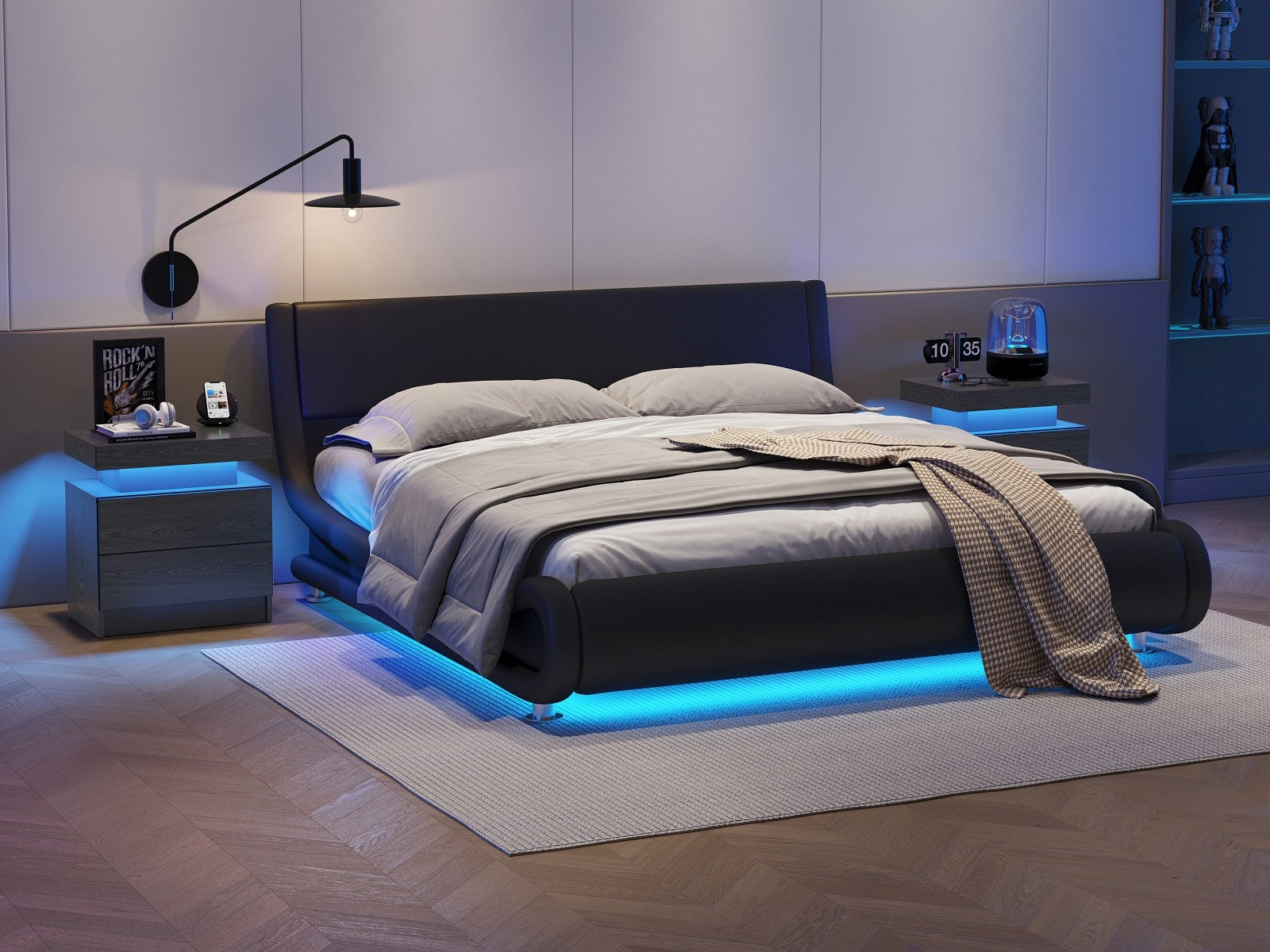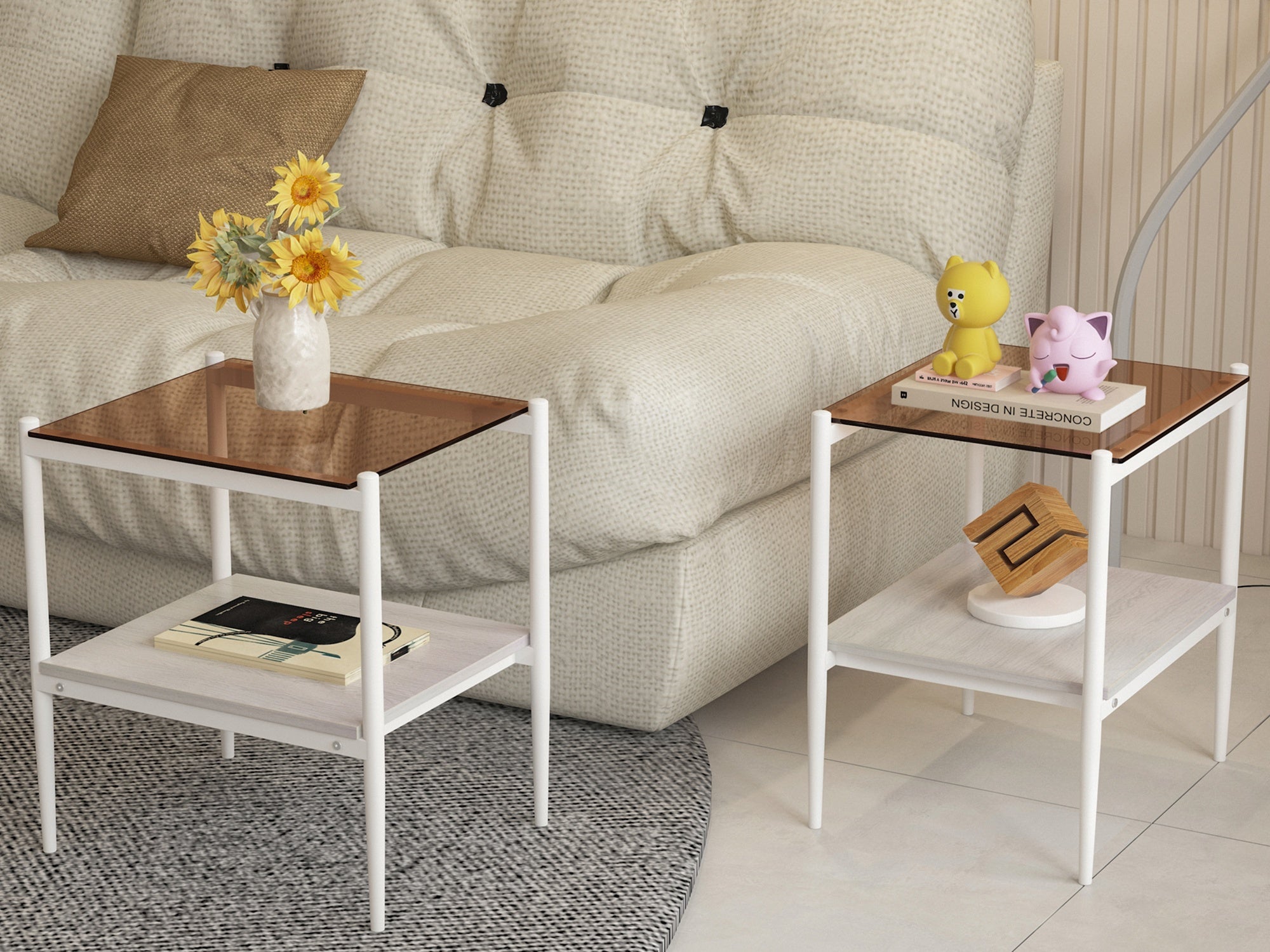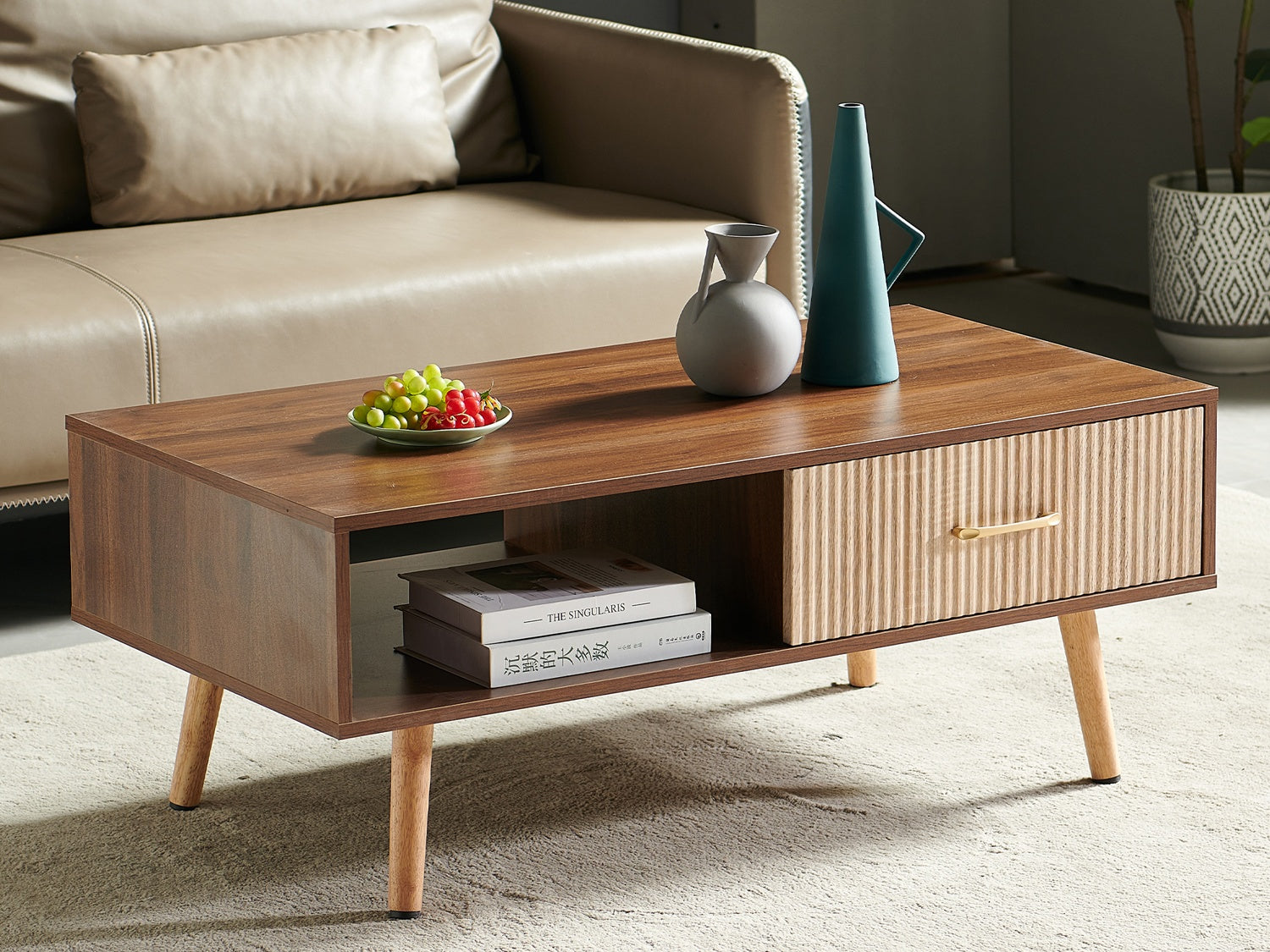
The Complete Guide to Choosing the Perfect Nightstand for Your Bedroom
Your bedroom should be a sanctuary - a place of rest, relaxation, and personal style. One often overlooked but essential element in creating this perfect retreat is the humble nightstand. More than just a place to set your alarm clock, the right nightstand can transform your bedroom's functionality and aesthetic. In this comprehensive guide, we'll explore everything you need to know about selecting, styling, and maximizing your nightstand to create your ideal sleep space.
Why Nightstands Matter More Than You Think
Nightstands serve multiple crucial functions in bedroom design:
Practical Utility: Provides surface space for bedside essentials
Storage Solution: Keeps items organized yet accessible
Design Element: Anchors the bed and completes the room's aesthetic
Personalization Space: Displays meaningful decor items
Lighting Foundation: Supports bedside lamps for optimal reading light
According to interior design experts, properly proportioned nightstands should be within 2 inches of your mattress height for optimal functionality and visual balance.
Nightstand Styles to Complement Any Decor
Gray and White Nightstands: The Neutral Foundation
These versatile pieces work in nearly any bedroom color scheme:
Design Benefits:
Creates a calming, spa-like atmosphere
Provides a clean backdrop for colorful accents
Easy to coordinate with existing furniture
Material Options:
Painted wood for a smooth finish
Marble or quartz tops for luxury appeal
Metal frames for industrial edge
Style Pairings:
Modern minimalist
Coastal retreat
Transitional elegance
Scandinavian simplicity
Pro Tip: Layer gray and white nightstands with textured baskets or trays to add visual interest while maintaining the neutral palette.
Light Wood Nightstands: Warm and Inviting
Bring natural warmth to your bedroom with wood tones:
Wood Type Guide:
Oak: Durable with prominent grain
Maple: Smooth with subtle figuring
Pine: Affordable with rustic charm
Walnut: Rich, luxurious tones
Finish Options:
Natural for authentic wood beauty
Whitewashed for beachy vibes
Espresso for contemporary contrast
Best For:
Farmhouse style
Japandi interiors
Mid-century modern rooms
Bohemian retreats
Maintenance Note: Use coasters under drinks and regularly dust with a microfiber cloth to preserve wood finishes.
Functional Nightstand Solutions
Office Nightstands: Work From Bed in Style
Transform your nightstand into a productivity station:
Smart Features:
Built-in charging stations
File or magazine storage
Pencil drawers
Adjustable shelves
Space-Saving Designs:
Narrow depth (12-16") for small spaces
Wall-mounted options
Multi-level organizers
Style Meets Function:
Sleek metal and glass for modern offices
Traditional wood with file storage
Industrial carts for flexible use
Ergonomic Tip: Ensure your work surface height aligns comfortably with your seated position in bed to prevent strain.
White and Walnut Nightstands: Timeless Contrast
This sophisticated combination offers the best of both worlds:
Design Advantages:
Bright white keeps small rooms airy
Walnut adds warmth and richness
Works with both cool and warm color schemes
Configuration Options:
White base with walnut top
Walnut frame with white drawers
Mixed material construction
Storage Solutions:
Soft-close drawers
Open cubbies
Combination closed/open storage
Styling Idea: Pair with matching walnut bed frames or white dressers for a coordinated look.
Modern and Minimalist Options
Open Nightstands: Airy and Contemporary
For those who prefer a less-is-more approach:
Space-Enhancing Benefits:
Visually expands small rooms
Creates light, unobstructed sightlines
Showcases decorative items
Styling Tips:
Use matching baskets for concealed storage
Display stacked books as design elements
Incorporate small plants for life
Best Materials:
Acrylic for ultra-modern
Metal for industrial
Floating wood shelves for organic minimalism
Organization Hack: Use decorative boxes or trays to corral small items while maintaining the open look.
Nightstand Buying Guide: Key Considerations
Before purchasing your perfect nightstand, evaluate these factors:
Size and Proportion:
Measure your bed height and available space
Standard height: 24-28" (match to mattress top)
Standard width: 18-24" (proportional to bed size)
Storage Needs:
Drawers vs. open shelving
Number of compartments required
Special features like charging stations
1.Material and Durability:
Solid wood for longevity
Engineered wood for affordability
Metal/glass for modern appeal
2.Style Cohesion:
Match existing furniture finishes
Complement architectural details
Align with overall design theme
3.Budget Considerations:
Investment pieces vs. temporary solutions
DIY options for customization
Sales and seasonal discounts
Creative Nightstand Alternatives
Think outside the box with these innovative solutions:
Vintage Suitcases: Stacked for rustic charm
Bar Carts: Mobile and versatile
Floating Shelves: Space-saving wall option
Tree Stumps: Organic natural element
Ladder Shelves: Vertical storage solution
Safety Note: Ensure alternative options are stable enough to prevent tipping, especially in homes with children or pets.
Nightstand Styling and Organization
Elevate your nightstand from functional to fabulous:
The Rule of Three: Combine items in groups of three for visual appeal
Layered Lighting: Table lamp + small candle + task light
Personal Touches: Family photos, favorite books, travel mementos
Seasonal Rotation: Switch out decor with changing seasons
Practical Beauty: Pretty boxes to hide necessities
Pro Stylist Tip: Vary heights of objects (tall lamp, medium plant, small trinket dish) for dynamic visual interest.
Frequently Asked Questions
Q: How much clearance should be between bed and nightstand?
A: Ideally 2-5 inches for easy access while maintaining a cohesive look.
Q: Can I use two different nightstands?
A: Absolutely! Mixing styles adds character - just maintain some unifying element (color, material, or height).
Q: What's the ideal nightstand height?
A: The top should be level with or up to 2" below your mattress top for comfortable access.
Q: How do I child-proof my nightstand?
A: Choose rounded corners, secure heavy pieces to walls, and avoid small decorative items that could be choking hazards.
Q: Can nightstands work in small bedrooms?
A: Yes! Opt for wall-mounted, narrow, or multi-functional pieces like stools with storage.
Final Thoughts
Your nightstand is more than just furniture - it's a functional centerpiece that enhances both the practicality and personality of your bedroom. Whether you prefer the clean lines of modern design, the warmth of natural wood, or the versatility of multi-purpose pieces, the perfect nightstand awaits to complete your dream bedroom.
For an exceptional selection of nightstands in every style, visit our online collection at [pefelife.com]. Our design experts can help you find the ideal match for your space and needs. Sweet dreams and happy decorating!



Leave a comment
This site is protected by hCaptcha and the hCaptcha Privacy Policy and Terms of Service apply.